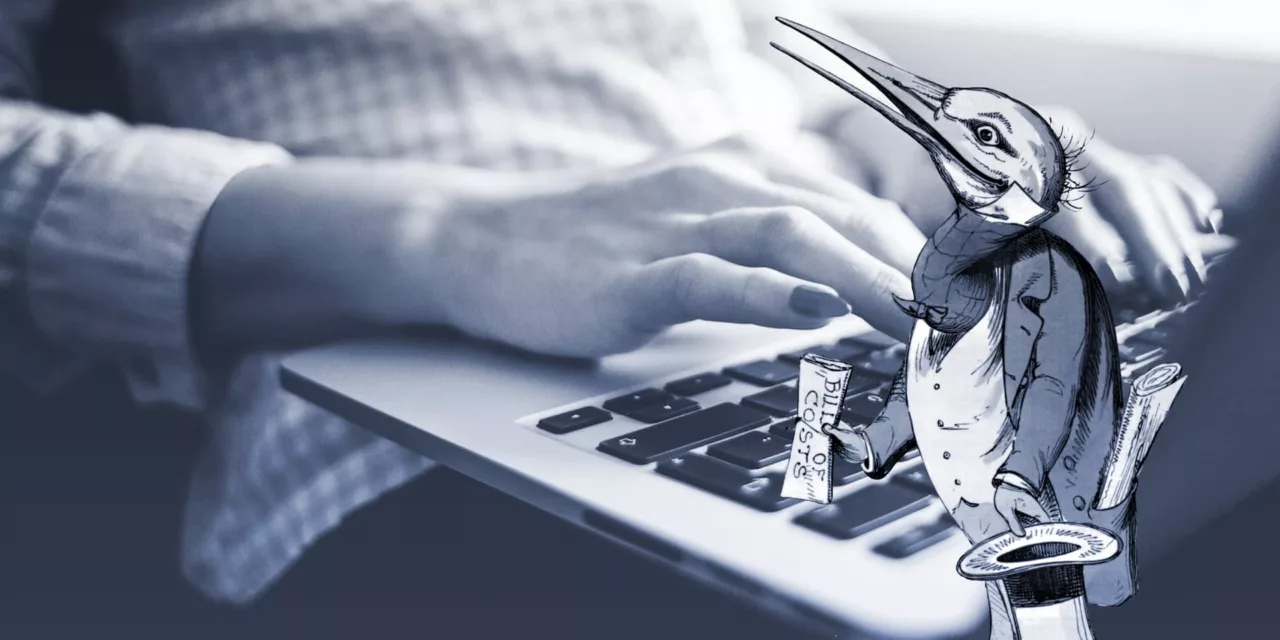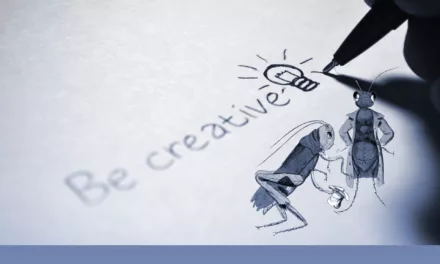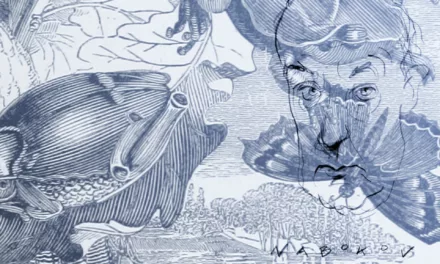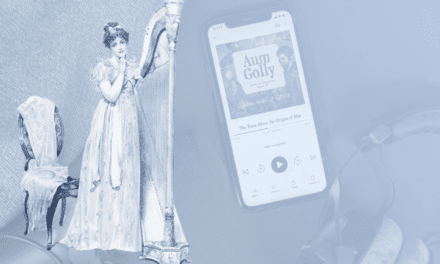
Lessons Learned: My Experience With Publishing Scams

After writing online for ten years and finishing a two-hundred-thousand-word book that gained over a million reads, getting offered a deal with a publisher was a dream come true. However, in the excitement of finding validation for my work, I missed the warning signs of a scam.
What I thought would be the start of my career, turned out to be my worst nightmare, and in writing this, I hope to point out the red flags so that other new writers aren’t taken advantage of with publishing scams.
In our digital age, there are more ways than ever to achieve your publishing dreams. Ignoring the traditional publishing routes that often seem intimidating and with too many gatekeepers, the idea of self-publishing and online marketing appeals to new authors. Gone are the days of only sending your hard work to multiple agencies to receive nothing but constant rejection. Now, there’s a way to reach for your dreams and take control.
With platforms like Amazon Kindle, writers can give their work over to the world without worrying about the outcome. It’s a leap of faith, but one with very little backlash if it goes wrong; the best of both worlds. You can choose to throw a lot of money into marketing, but it’s not a requirement of the process. There have been several success stories to come out of self-publishing, and whatever you’re opinion on the works themselves, you can’t deny that the authors did what they set out to do: make money from their writing.
With all the unpaid work I’d done on my writing over the years, someone reaching out and offering me the chance to have my work published and receive an income from it was everything I had ever wanted. I’d sifted through all the fake messages of fake accounts offering new platforms to showcase my work for a fee, or bad contracts that looped you into years of loyalty to websites that had no intention of helping your career. I thought I had figured out how to spot the fakes from the real, but as it turns out, the more we learn, the more they do, too.
I’d been looking at self-publishing after despairing at the thought of trying to get traditionally published, and finally, a company was offering not only to make my book covers and trailers, along with editing and promoting my story, but they would also let me keep half my book online, not have to risk any money upfront, and I would earn commission on every book sold. I couldn’t find what was wrong with it. I’d seen other publishing scams online, and had learned to spot them. This one didn’t seem to fit the bill.

After communicating with an agent and trying to shake out any red flags or discrepancies in the contract they presented me with, I signed my book, Golden, to them. This was the start of my terrible publishing experience.
If I’d had the support I have now; the information I’ve gathered from other authors, and the guides of platforms like Novlr who offer advice on the ins and outs of publishing, then perhaps I’d have had the confidence to know that things weren’t right. Maybe I’d have seen the red flags and pulled my book long before it was released to be purchased by my family, fans, and friends.
At first, there were small things I noticed: edits made to fit United States style guides although I am from the UK, and the refusal to change this when I pointed it out. The misunderstandings as I had to explain phrases that “didn’t make sense” but were common colloquialisms in my area that fit my characters. The lack of communication between me and my editor. The unreasonable time limit they gave me to send a fully edited version of the book (30 days!). All this worried me.
By the time the book trailer came out (a badly cut-together montage of free clips and PhotoBox images that made hardly any sense), I had already told my parents about the opportunity. They were so excited that I didn’t want to disappoint them by cancelling it, despite already worrying that I’d fallen prey to one of the many publishing scams online. Besides, the contract I signed meant that if I did, there was a chance they could still keep my book.
I will admit that when I received the author’s copy of my book, I cried. A lot. Golden was my therapy from an awful relationship. It was my first completed novel, and I had spent many hours pouring parts of my soul into its pages, weaving something beautiful from my pain. It meant so much to me. But when I flipped it over to read the blurb, I immediately knew something was wrong.
There was an error on the back—not only grammatical but in spelling too. I quickly got in contact with the company to change it. They fixed it, but I had no idea how many more mistakes were inside. I trusted that when they gave me an editor, they would do their job. Instead, they ruined parts of my writing and even at points duplicated paragraphs or removed whole pages.

Write more, write better, and achieve your goals with Novlr!
The company had explained to me they published through Amazon, and using their Kindle and paperback options meant more sales and more accessibility for my readers. I loved this, and it made editing the book post-release easier. However, it was only after signing that I did more research into Amazon as a publishing platform, and I realised that everything they were doing for me I could have been doing for myself…for free! This is a common story with publishing scams like this.
When the agency finally told me that my book was also getting put into Amazon’s Kindle Unlimited platform, I knew that I’d made a mistake. I hadn’t agreed to this. It wasn’t in the contract, and it meant that for the first three months, my ebook wouldn’t make any money. If I’d done it alone, I could have kept everything that I made. Instead, I was getting fifteen percent of sales.
With a book that the publishers had priced at almost £16, I thought 15% royalties was a good return on investment. But when my first pay slip came through—three months later than it should have—the calculations showed I was getting less than 68p per book (for those of you doing the math at home, a 15% return on a £16 sale, should have been £2.40 per sale).
I spent weeks badgering them for sales statistics, their spreadsheet for commission, and any information that would show why the amount was so much lower than I had expected, and finally they did. What they sent proved to me that this was not a legitimate publishing business, but one of the publishing scams that I’d been so worried about in the beginning. Admittedly they were very efficient at taking advantage of their authors.
Not only was the spreadsheet missing weeks from it, but they also had cells showing unexplained zero totals for international sales, even though they had promised my book would be available worldwide. Along with this, they halved the total amount they had promised me in the conversion from US dollars to British pounds that were not in line with historical conversion rates. Even when I followed their maths and added everything together, I realised that the amount they had paid me was almost half what their sums said I was due.
This was the final straw. I demanded my book back and a cancellation of the contract, telling them they could keep the money if they just released my book back to me. The experience cost me time and money, with nothing to show for it. But thankfully I could retain the rights to my work, something that many other victims of publishing scams aren’t able to do.
In the coming months, I was incredibly low; I was frustrated at the company for preying on a new, young, inexperienced author. I was annoyed at myself for being naïve and believing something that was too good to be true. But when a long-time fan came forward and informed me that my book was riddled with mistakes that I became utterly embarrassed. It was the first time I’d shared my writing with family and friends, and the whole time they had been reading something that did not showcase my talents or skill, and no one knew it should be any different.

The experience soured the writing process for me. How could I continue to love writing when it had gone so disastrously wrong, and my debut had ended in failure and shame? The only people I believed had wanted to support my writing had turned it into something that I didn’t recognise.
For a few months, I found it difficult to write. But then I realised that just because the first time was a failure, it doesn’t mean that the next time will be. While the experience was terrible, it taught me a valuable lesson.
Yes, there are always hurdles and disappointments and things don’t pan out the exact way you hope. Yes, I was ashamed and upset that something I loved had been used to manipulate me. But writing is something I love, so I just had to put myself back at the start of the long process of publishing.
I have my book, I have my ideas, and I still have a passion for writing. I don’t have that passion because I want to earn loads of money. I have that passion because I love doing it.
I’m still yet to finish my next book, but I’m getting there, and when I do, I’ll look into publishing avenues a little more deeply. I might even choose not to publish at all! After all, there’s nothing wrong with writing only for fun. I have the opportunity now to learn from past mistakes and make better informed decisions moving forward.
But when I decide to publish again, I’ll know not to settle for anything less than I deserve, and if some unknown person reaches out to me and offers me a publishing deal I will have more faith in myself than to accept the first thing that comes along because I think no one else will offer.
Don’t let yourself get taken advantage of. Don’t let your own insecurities about your writing make you ignore the small print of offers that aren’t there to benefit you. Writer insecurities are how publishing scams thrive.
And most of all, even if you fail one time or a hundred, don’t let that stop you from writing. Some of the best authors faced rejection when they started, and I’m sure many still are. But as long as you keep writing, the possibilities are endless.
Spotting a publishing scam is crucial for protecting your time, money, and intellectual property. Here are key red flags to watch for:
🚩 Common Signs of a Publishing Scam
With everything I’ve learned from my experience, here the the common red flags to look out for to avoid publishing scams:
- Charging upfront fees — Legitimate publishers don’t charge authors to publish. Scammers often disguise fees as “editing,” “marketing,” or “printing” costs. Vanity presses charge you to publish but offer little in return.
- Claims and guarantees — No one can guarantee your book will be a bestseller. No one can guarantee your work will sell any specific number of copies. Be wary of anyone who does.
- Bad quality or nonexistent editing — Scams often skip real editing or give generic, automated feedback that doesn’t improve your work.
- Aggressive sales tactics — If you’re pressured to sign quickly or hand over money, walk away.
- Unprofessional contracts — Contracts should clearly define royalty percentages, rights, and termination clauses. Vague or overly complicated language is a huge red flag.
- Fake or inflated praise — Glowing “reviews” or testimonials that sound too good to be true often are.
- No or limited distribution or marketing — Real publishers have connections to booksellers, libraries, and media. Scammers may “list” your book on Amazon and call it global distribution.
- No proven track record — Look for real books the company has published and check sales, reviews, and author satisfaction. Scam companies often have fake portfolios or unpublished authors on the books.
- Solicitations out of the blue — If a publisher or agent contacts you without you querying them first, be skeptical, especially if you haven’t published widely yet.
- Unclear royalty structure — If you can’t get a straight answer about what you’ll earn or when, it’s likely not in your favour.































